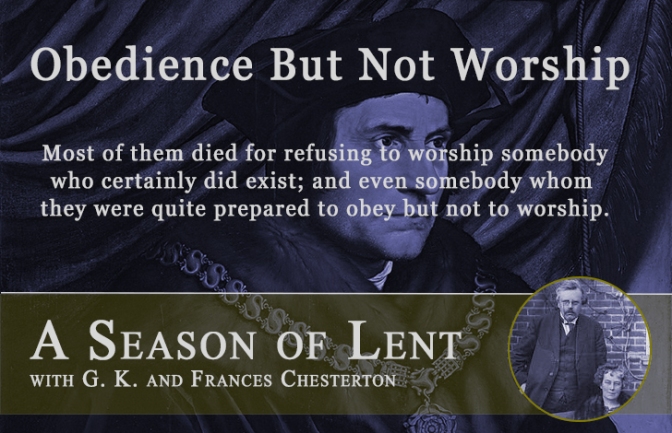Obedience to the superior authorities but not worship…
“But the Lord is with me like a mighty warrior; so my persecutors will stumble and not prevail. They will fail and be thoroughly disgraced; their dishonor will never be forgotten. Lord Almighty, you who examine the righteous and probe the heart and mind, let me see your vengeance on them, for to you I have committed my cause.” (Jeremiah 20:11-12)
“Why then do you accuse me of blasphemy because I said, ‘I am God’s Son’? 37 Do not believe me unless I do the works of my Father. 38 But if I do them, even though you do not believe me, believe the works, that you may know and understand that the Father is in me, and I in the Father.” 39 Again they tried to seize him, but he escaped their grasp.” (John 10:36-39)
“Everyone must submit himself to the governing authorities, for there is no authority except that which is from God. The authorities that exist have been appointed by God. Consequently, the one who resists authority is opposing what God has set in place, and those who do so will bring judgment on themselves.…” ( Romans 13:1)
“We gave you strict orders not to teach in this name,” he said. “Yet you have filled Jerusalem with your teaching and are determined to make us responsible for this man’s blood.” But Peter and the other apostles replied, “We must obey God rather than men. 30The God of our fathers raised up Jesus, whom you had killed by hanging Him on a tree.…( Acts 5:29)
“But Samuel declared: “Does the LORD delight in burnt offerings and sacrifices as much as in obeying the voice of the LORD? Behold, obedience is better than sacrifice, and attentiveness is better than the fat of rams.” (1 Samuel 15:22)
Jesus, Almighty King of kings, You Who obeyed Your Father to the end, Teach me the meaning of obedience. My soul burns to comply to Your Will, Striving to charm Your Divinity. While my worldly nature seeks one way, My spiritual nature seeks another. Bless me with the strength to obey, That my soul may subdue both natures, Blending them as a fair aromatic bloom. I always seek favor in Your eyes, To always obey You until my last breath! Amen. Ora Pro Nobis.
In this Age in which we live, obedience has become almost a dirty word. Such is our fear of losing our autonomy. But obedience is an attitude and act of the spirit that God prefers over that of sacrifice. Indeed, he equates it with our demonstrating our love towards Him. Yes, Our obedience to God is complete; our obedience to earthly rulers, relative. We do not worship them, we worship God. Yet, as Chesterton points out in his consideration of St. Thomas More, there is a distinction in this relative submission: we are prepared to obey the superior authorities even in matters for example in our current day of obeying Coronavirus restrictions of where we worship. Why? Because they are not telling us to stop worshiping. That is the distinction that both St. Thomas More found in his day and Chesterton here points out.
“The highest voice of the Church has pronounced that this hero was in the true and traditional sense a Saint and Martyr. And it is appropriate to remember that he does indeed stand, for a rather special reason, with those first Martyrs whose blood was the seed of the Church in the very earliest pagan persecutions. For most of them died; as he did, for refusing to extend a civil loyalty into a religious idolatry. Most of them did not die for refusing to worship Mercury or Venus, or fabulous figures who might be supposed not to exist; or others like Moloch or Priapus whom we might well hope do not exist. Most of them died for refusing to worship somebody who certainly did exist; and even somebody whom they were quite prepared to obey but not to worship.” – G. K. Chesterton, The Well and the Shallows, 1935


